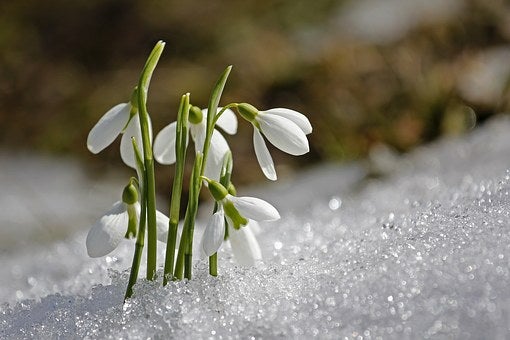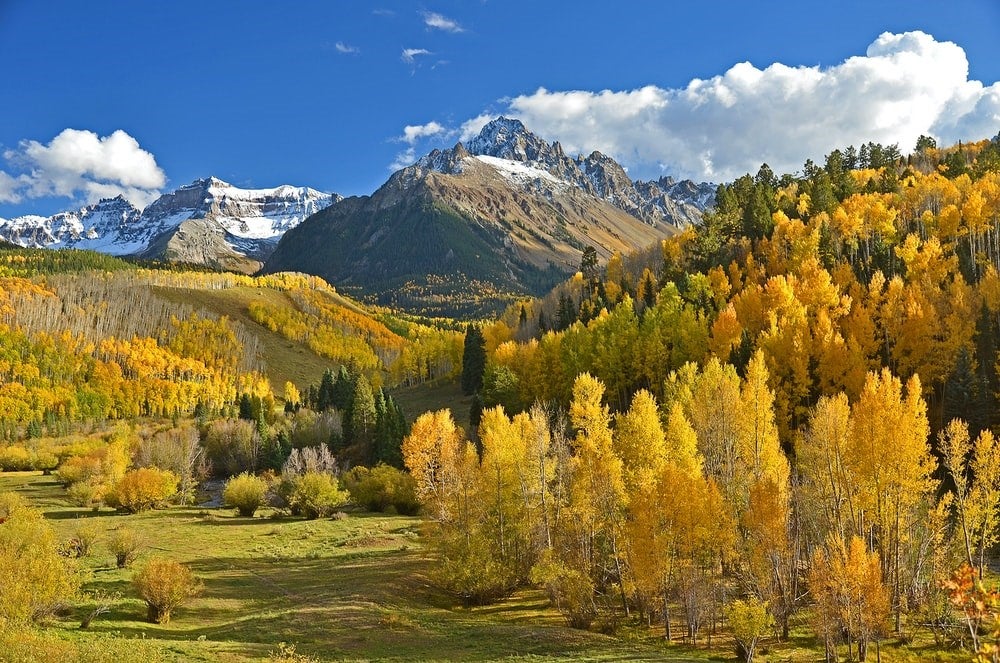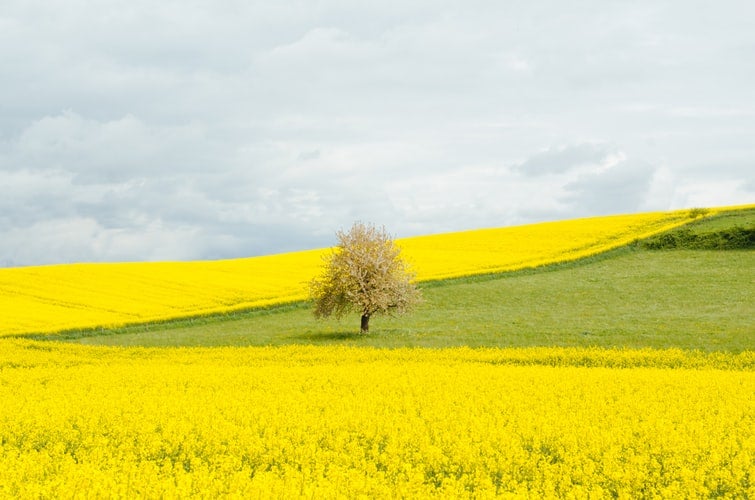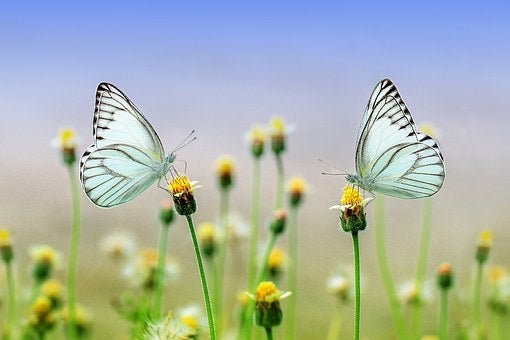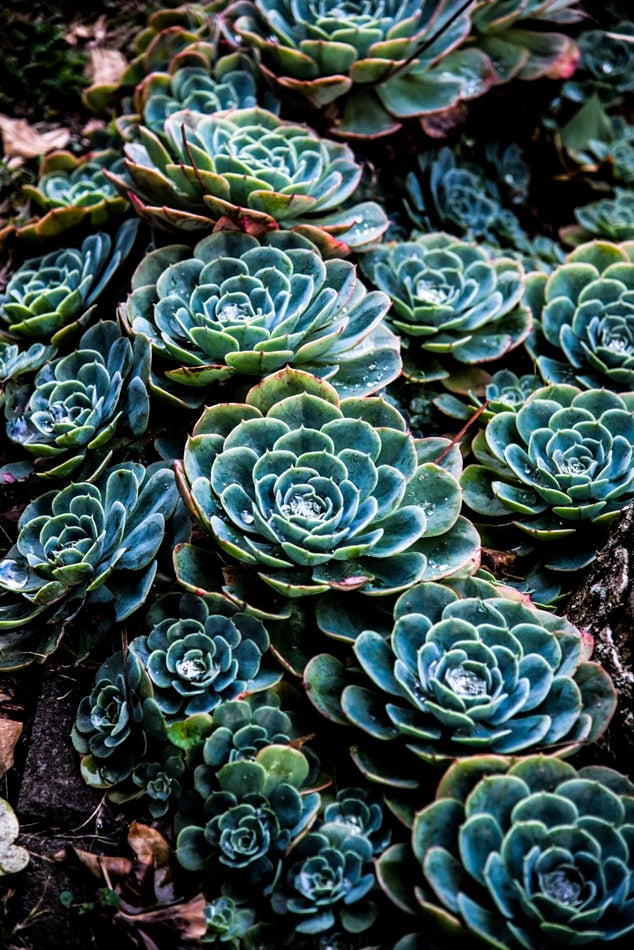12/17/2020
The end of the year is near, and what a year it has been. Although it has been very trying, there are signs of better times ahead. The coronavirus pandemic has had an immeasurable impact, and vaccines may finally change its course. The pandemic as well as the tragic deaths of multiple innocent people killed by police have highlighted issues of systemic racism and racial injustice and will hopefully lead to lasting changes. The results of the presidential election have been contested as never before, and the outcome finally seems settled. Despite these hopeful signs, all of these events have led to uncertainty, pain and grief. How can mindfulness help in coping with these?
A New Zoom Way for Mindfulness Based Stress Reduction
11/12/2020
“Letting go of our suffering is the hardest work we will ever do. It is also the most fruitful. To heal means to meet ourselves in a new way—in the newness of each moment where all is possible and nothing is limited to the old.” – Stephen Levine This time last year, our last classes were held in the spacious Fontaine building with chairs tenderly placed in a circle waiting for each participant to show up. The backdrop of the ceiling to floor windows provided spectacular panoramic views of colorful autumn leaves, clear blue skies behind the ginkgo trees brightly donned in brilliant yellows. Shoes were traditionally left at the door as a reminder of letting go of the workday as we walked in quietly with awareness and curiosity.
Transitioning through the Unwanted with Mindfulness
10/19/2020
Ralph Waldo Emerson wrote “In action is his power; not in his goals but in his transitions, man is great.” Transitions are a normal part of life. Some are voluntary, like a longed-for job opportunity that’s finally come around or the birth of a new baby. Some transitions are involuntary, like an unexpected job termination, unknown illness or sudden death of a parent or loved one. Transitions, even when we choose them, can cause disruption and disequilibrium, be painful and uncomfortable, with many unexpected challenges. The pain and disruption can be even greater when we are forced to transition, when we don’t want to or weren’t anticipating an unforeseen change. Right now, we are facing a major transition with the coronavirus.
9/1/2020
As I read and understand more about this new “normal” I am awestruck at the concept of impermanence. This exact time last year, I was on a plane for Quebec, Canada. In just 2 hours, I landed in the beautiful city of Montreal, where I found myself wandering around this French-Canadian wonderland in large crowds of people. We were dancing, singing, and enjoying the outdoor movie creations. It was a creative celebration of Old Montreal’s history through “Cite Memoire” with original footage of the city shown on the sides of buildings while sharing headsets in both English and French. There were open air markets, beautiful museums, delicious croissants with wild caught salmon in crowded cafes. There were people everywhere, touching, talking, singing, laughing.
8/4/2020
There is so much going on now that it’s easy to feel overwhelmed. The coronavirus pandemic is continuing to worsen in parts of the world, with cases still going up around the US. Even Virginia, which had been bucking the trend with decreased numbers, has experienced an increase again. Schools are due to open soon, yet conditions are such that it’s impossible to know what a “safe” return might look like. The economy is shrinking and the unemployment rate remains high. The unrest following the murder of George Floyd has largely subsided, but the need to address 400 years of racial injustice remains as urgent as ever.
6/25/2020
Black Lives Matter. George Floyd’s tragic murder under the knee of a Minneapolis policeman has again brought the issue of systemic racism to the forefront, not just in the US but around the world. This event, along with the recent killings of Breonna Taylor, Ahmoud Arbery and Rayshard Brooks, as well as the racial inequities in the impact of COVID-19, have highlighted the racial injustice, structural inequalities, and systematic biases that Blacks in this country face every day. The widespread protests that have resulted, including individuals from many different backgrounds, seem to indicate that there now may be greater understanding of how our assumptions and actions may be influenced towards others even when we claim, often with great sincerity, that we are not racist, or not even biased. Yet there continues to be ample evidence that systematic racial bias is widespread. Why is this? Why, even when we have the intention of truly viewing and treating everyone equally, with respect and compassion, is it so hard to do? And how can mindfulness help us in this pursuit?
5/14/2020
This is a very uncertain time. There is uncertainty about the spread of COVID-19, and about how safe it will be as social distancing restrictions are relaxed and we can begin to move about more. There is uncertainty about work and personal finances as well as the larger economy. There is uncertainty about childcare and remote learning and when schools might open for in-person classes again. The list goes on and on. How do we find peace the midst of so much uncertainty? This is a real challenge for many of us. One thing we can do is to focus on the present moment. Regardless of whatever else is going on, if we are able to bring our attention back to our present moment experience we can get out of the stream of thoughts regarding all the things over which we have no control. In those moments when we are not thinking, we may find some calm.
Finding Balance in the Disruption
4/8/2020
Between stimulus and response there is a space. In that space is our power to choose our response. In our response lies our growth and our freedom. Victor Frankl Essentially, everything in my life, my family, friends and co-workers is different. In the matter of just a few weeks, an unknown, little but mighty, virus has caused major disruption in our daily routines, customs and lives, most likely forever. I was curious about the dictionary’s definition of disruption. “Disruption”: is a noun “a major disturbance, something that changes your plans or interrupts some event or process”. Wow, so major and so many! Social distancing Working from home Husband working from home Kids running around at home Schooling now from home Schools closed Colleges closed
3/26/2020
These are some of the most trying times many of us have ever confronted. There is so much uncertainty about what is to come, and we have less opportunity for social support than in other crises. Some are already ill, others know someone who is, and many are caring for those who have COVID-19. In these circumstances, it can be easy to feel frightened and overwhelmed. Having a regular mindfulness practice can be helpful. Practicing intentionally bringing your attention to your present moment experience may provide a refuge, a place of calm in the midst of chaos. You can do this using free meditation recordings that can be downloaded from the Mindfulness Center website https://med.virginia.edu/mindfulness-center/continue-your-practice/audio-recordings/ . A number of brief mindfulness practices can also be helpful at times like these.
2/26/2020
I found myself chuckling as I read this prologue in my mindfulness exercise last week. I’m a teacher of MBSR, Mindfulness Based Stress Reduction, and I teach awareness. However, my life gets filled up with professional duties and personal responsibilities. During these times, I can find myself reacting more when operating in the fast lane, rather than showing up, pausing, and being present. Days can turn into weeks, weeks into months and before I know it, 6 months to a year have gone by. I wonder, where did the time go? When I think back over these months, I can’t tell you what I did most of that time. I can tell you what I didn’t do. I didn’t write that thank you note. I didn’t make the effort to get together with friends. I didn’t get that garden planted, visit my brother, or plan to go barn dancing or play music. I also know this can be a sign of “burnout”.

